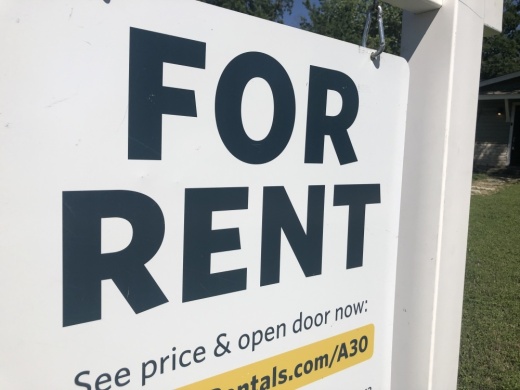Apartment rents in the Houston region are on the rise as compared to previous years, and the trend is only expected to continue going into 2022.
According to data from ApartmentData.com, Houston has seen an average 12.8% rental rate growth in the past year. The average rental price for an apartment unit was $1,162 per month, as of September. Comparatively, Houston rent averaged $1,046 in September 2020.
The nation’s unemployment rate reached 4.8% in September, down from 7.8% in September 2020, according to the U.S. Bureau of Labor Statistics. This drop has fueled a demand for apartments, which is part of what has driven the rental rate increase in 2021, ApartmentData.com President Bruce McClenny said.
There has also been a downward trend in concessions, more commonly known as specials, which landlords sometimes offer, according to ApartmentData.com. These can range from waiving rent for the first month to waiving move-in fees if the tenant moves in by a certain date, McClenny said.
Through most of 2020 during the COVID-19 pandemic, the majority of apartments were offering some kind of concession as a way to entice renters. The decrease in concessions is due to the influx of people searching for apartments, McClenny said.
“It's a supply [and] demand thing. There's renters aplenty, and so if you have a lot of traffic that are ready to lease, [landlords] don't have to offer them [concessions],” McClenny said.
As of October, there are 200,251 units out of 699,625 total units with concessions applied to them in the Houston area, according to ApartmentData.com.
Housing prices have also increased in recent years, leading to fewer people wanting to purchase homes and more people turning toward rentals, McClenny said. The median home sale price in Texas was $306,890 in August, and the median price for August 2020 was $265,000, according to the Texas A&M University Texas Real Estate Center.
McClenney said he expects apartment rent prices to continue to rise into 2022.
“What we're seeing is that the same conditions that have created this supercharged demand will probably still be in place next year,” he said.





